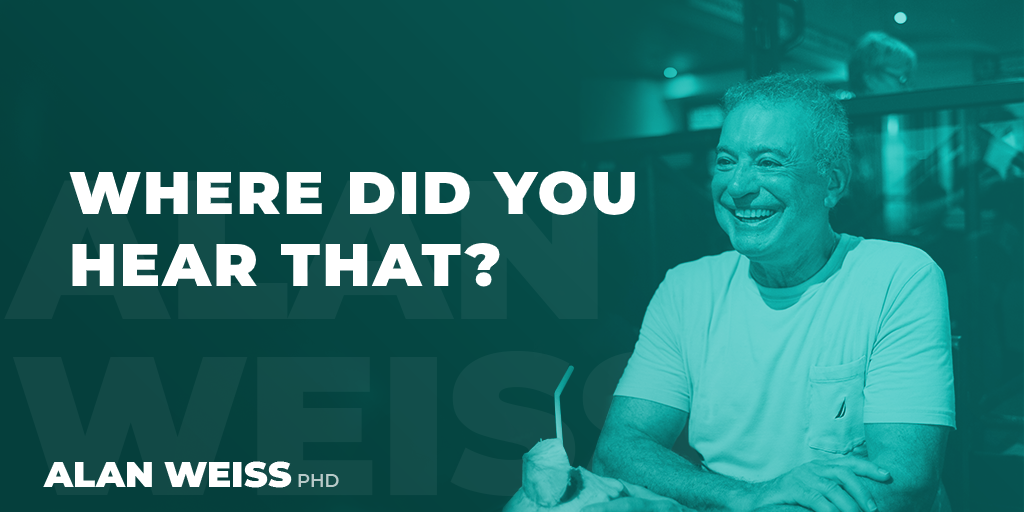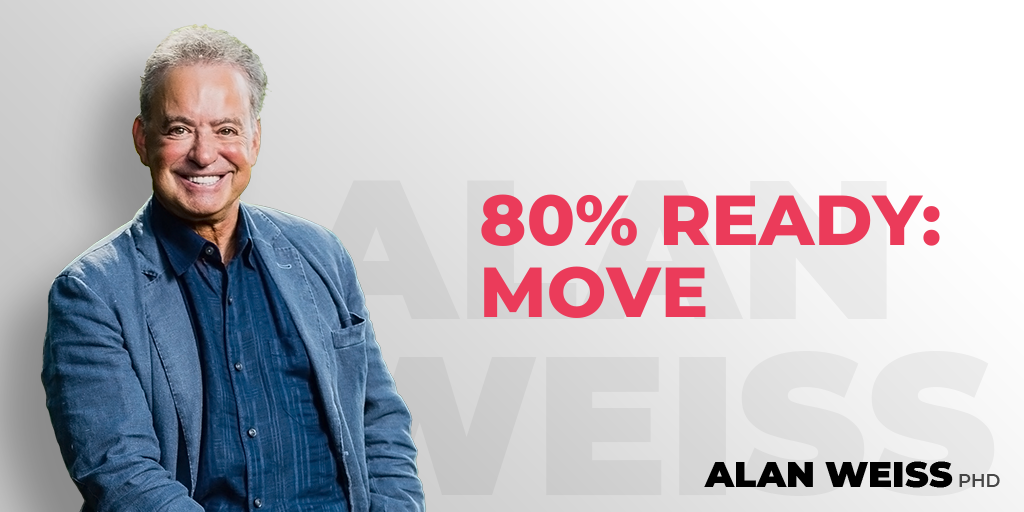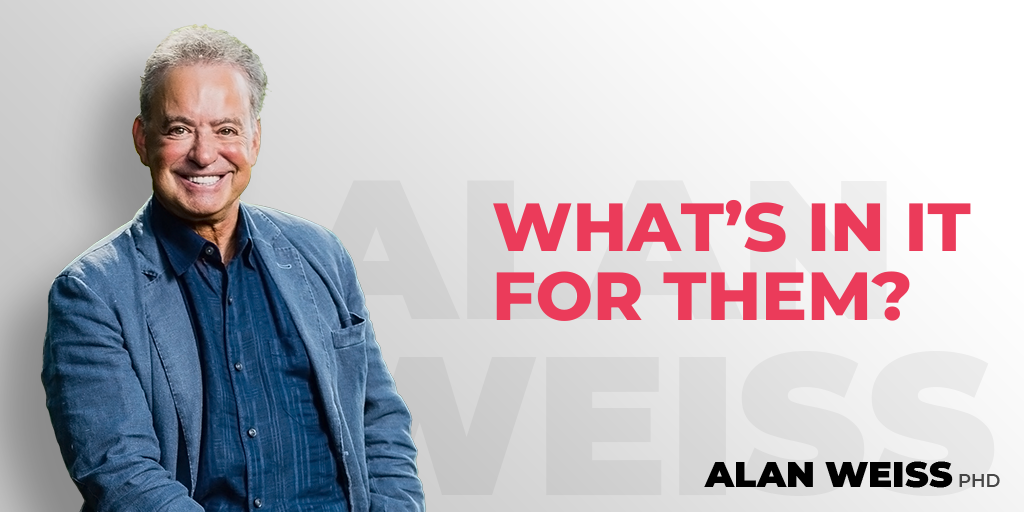Your Legacy is Now
Life is not a search for meaning from others, it’s about the creation of meaning for yourself.
For over 30 years Alan Weiss has consulted, coached, and advised everyone from Fortune 500 executives, state governors, non-profit directors, and entrepreneurs to athletes, entertainers, and beauty pageant contestants. That’s quite an assortment of people, and they run into the thousands. Most of them have had what we euphemistically call “means,” and some of them have had a lot more than that. Others have been aspiring and with more ends in sight than means on hand.
Alan Weiss states:
I’ve dealt with esteem (low), narcissism (high), family problems, leadership dysfunctions, insecurities, addictions, and ethical quandaries. And I’ve talked about them through the coronavirus crisis. But don’t get the wrong idea. About 95% of these people have been well-meaning, honest (to the best of their knowledge), and interested in becoming a better person and better professional. Otherwise, they wouldn’t be talking to me.
I found the equivalent of the “runner’s wall” in their journeys, where they must break through the pain and the obstacles and then can keep going with renewed energy and spirit. But runners know how far they must go after the breakthrough, be it another half lap or another five miles. There is a finish line.
I’ve found that people in all positions, even after the “breakthrough,” don’t know where they are in the race, let alone where the finish line is.
They do not know what meaning is for them. They may have money in the bank, good relationships, the admiration of others, and the love of their dogs. But they have no metrics for “What now?” They believe that at the end of life there is a tallying, some metaphysical accountant who totals up their contributions, deducts their bad acts, and creates the (hopefully positive) difference.
That difference, they believe, is their “legacy.”
But the thought that legacy arrives at the end of life is as ridiculous as someone who decides to sell a business and tries to increase its valuation the day prior. Legacy is now. Legacy is daily. Every day we create the next page in our lives, but the question becomes who is writing it and what’s being written. Is someone else creating our legacy? Or are we, ourselves, simply writing the same page repeatedly?
Or do we leave it blank?
Our organic, living legacy is marred and squeezed by huge normative pressures. There is a “threshold” point, at which one’s beliefs and values are overridden by immense peer pressure. Our metrics are forced to change.
In an age of social media, biased press, and bullying, we’ve come to a point where our legacy, ironically, is almost out of our hands.
Yet our “meaning”—our creation of meaning and not a search for some illusive alchemy—creates worth and impact for us and all those with whom we interact.







